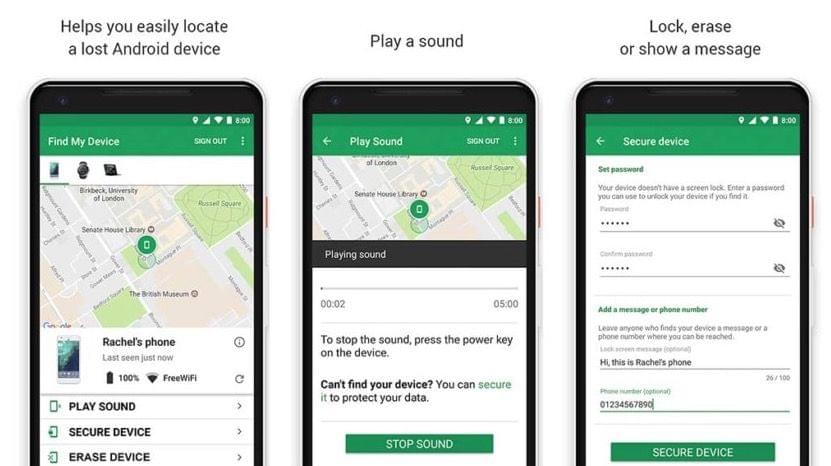

Today, kids in America and Europe are going online from a younger age than a decade ago. They use devices with access to the Internet before they learn to read and write. Teens and tweens know how to find almost anything online – from educational tools to entertaining channels.
However, the Internet has a dark side where kids can be impacted by cyberbullying, sexual predators, and pornography (that composes about 37% of the whole Internet industry). Experts in Internet safety for children declare the following:
The two primary Internet dangers today are children’s free and easy access to all types of pornography, and sexual predators’ easy and anonymous access to children.
What’s more, kids are trustful and, in most cases, can’t detect predators who hide behind fake social media profiles.
Another problem is that children consider search engines, such as Google and Yahoo, a more influential authority than their parents. Teens are sure that adults aren’t able to understand their problems, so they tend to look for a piece of advice online. As a result, they can easily make the wrong decisions and get into trouble.
Since you can’t forbid your child to use the Internet, you need to create a safe digital environment for them. If you don’t know how to teach your kids about Internet safety, keep reading for the most important security tips you need to know.
Table Of Contents
1. Remind Kids That the Internet Is Forever
Before you take any safety measures, we recommend you talk to your kids. The first thing that you need to explain is that all the content they share online remains there for a long time, if not to say forever.
The information is often stored on external servers, so any tech-savvy predator or bully can access it and use it to hurt your children.
2. Prevent Kids From Distributing Personal Data Online

Did you know that the revenues generated by cybercriminals reached $1.5 trillion in 2018? And this amount keeps on increasing yearly as cyber scammers create new methods to steal personal data from Internet users.
Doing so becomes easier as, with the increased popularity of social media, people willingly share their real names, phone numbers, physical addresses, emails, and credit card details. If you want to prevent your kid from being scammed, convince them to keep their information as secret as possible.
3. Forbid Sharing Intimate Content
As teens consider social media a safe way to have fun, they can send intimate photos to each other. They believe that erasing files from their device will protect them from privacy violations. However, the content can be restored, as it is still saved on a sender’s phone.
Even if a kid deletes all multimedia files from their mobile phone, they can be recovered with the help of specific software. This is a good reason to find other ways to have fun and stop sharing inappropriate content.
4. Don’t Neglect Mobile Safety
The majority of Internet users put the security of their PC devices over mobile phones. They tend to save money on mobile security, thinking that repairing a mobile phone will cost them less than fixing a computer. According to the Consumer Reports survey, 39% of smartphone users don’t use any security measures to protect their devices.
To protect your kid’s data from being stolen, set up a PIN code and a finger pattern on their smartphone. Then, install antivirus software on the device and ensure that two-factor authentication is set up for applications that require accessing personal details.
5. Erase Data if Your Kid’s Device Was Stolen

Each smartphone has an IMEI number that you can use to track your kid’s device if someone steals it. IMEI will help you to see the last phone’s location with the help of the “Find My Phone” service by Google and “Find My iPhone” app by Apple.
However, it’s better for your kid’s safety to immediately erase all the data from a stolen device (you also need an IMEI to do so). Although you lose access to the phone’s location, you’ll prevent your kid’s data from getting into the hands of cyber scammers.
6. Use Secured Wi-Fi Networks
When your kids leave the house, they’re likely to connect to a free Wi-Fi network to access their social media accounts. On the one hand, saving money on smartphone data fees is a good initiative. On the other hand, devices connected to opened networks are easy to hack.
That’s exactly what scammers do when they need to capture the personal information of carefree internet users. Make sure to top up your kid’s mobile internet account if you don’t want them to connect to shared Wi-Fi networks in public places.
7. Use a Parental Control App
Cybercrime, cyberbullying, and sexual assaults are the most severe dangers for Internet users. However, how can you establish complete digital safety for your kids in one go? It’s simple if you consider using a parental control app, such as mSpy. This monitoring software allows you to track your kid’s online activity right from your smartphone.
After downloading the app on a target device, you’ll have access to your child’s call logs, text messages, social media data, and GPS location.
All in all, taking an active part in your child’s online activity can stop them from getting into trouble. If you experience difficulties in negotiating their behavior, a parental control app will help you.
Note that you have the right to install the app on your underage kid’s phone without them knowing. So, feel free to use mSpy whenever you need to establish online safety for your kids.




Thanks for this article.